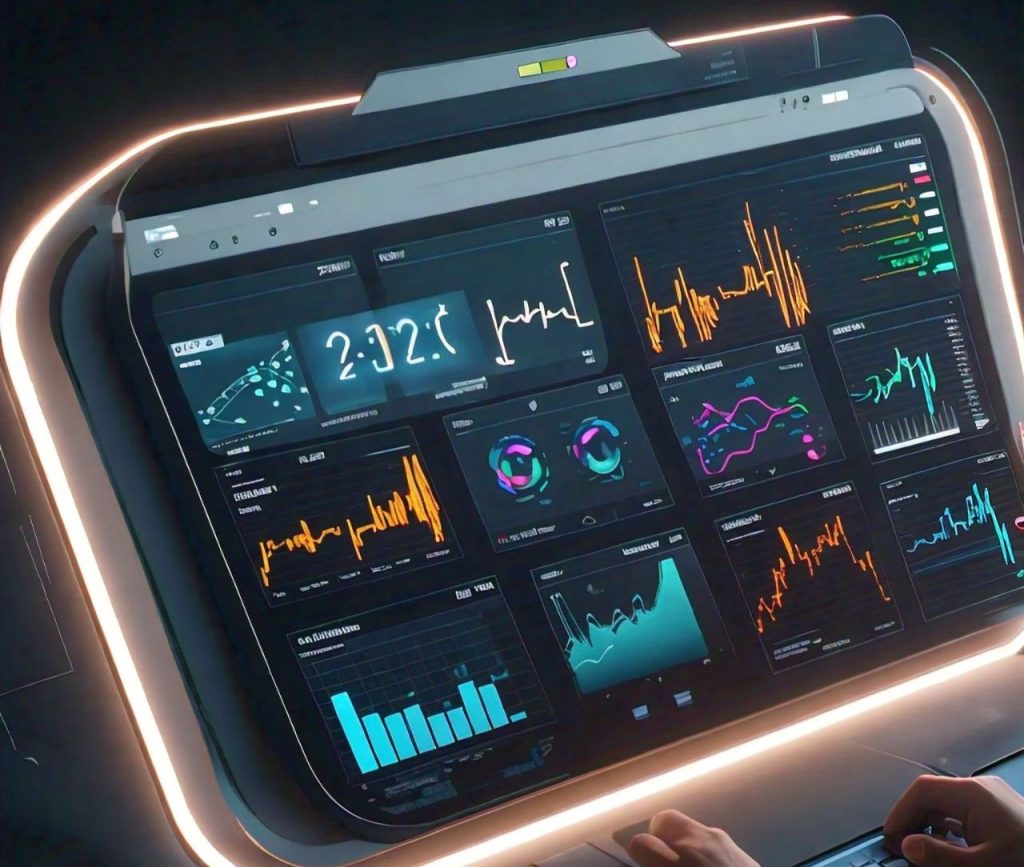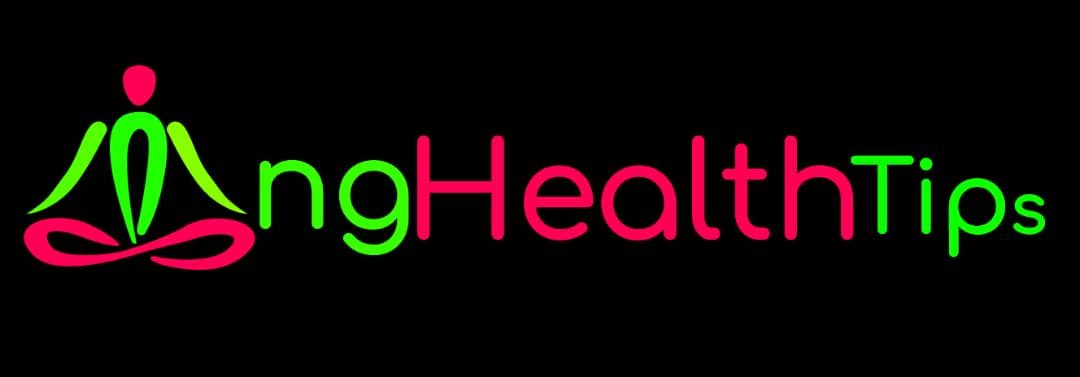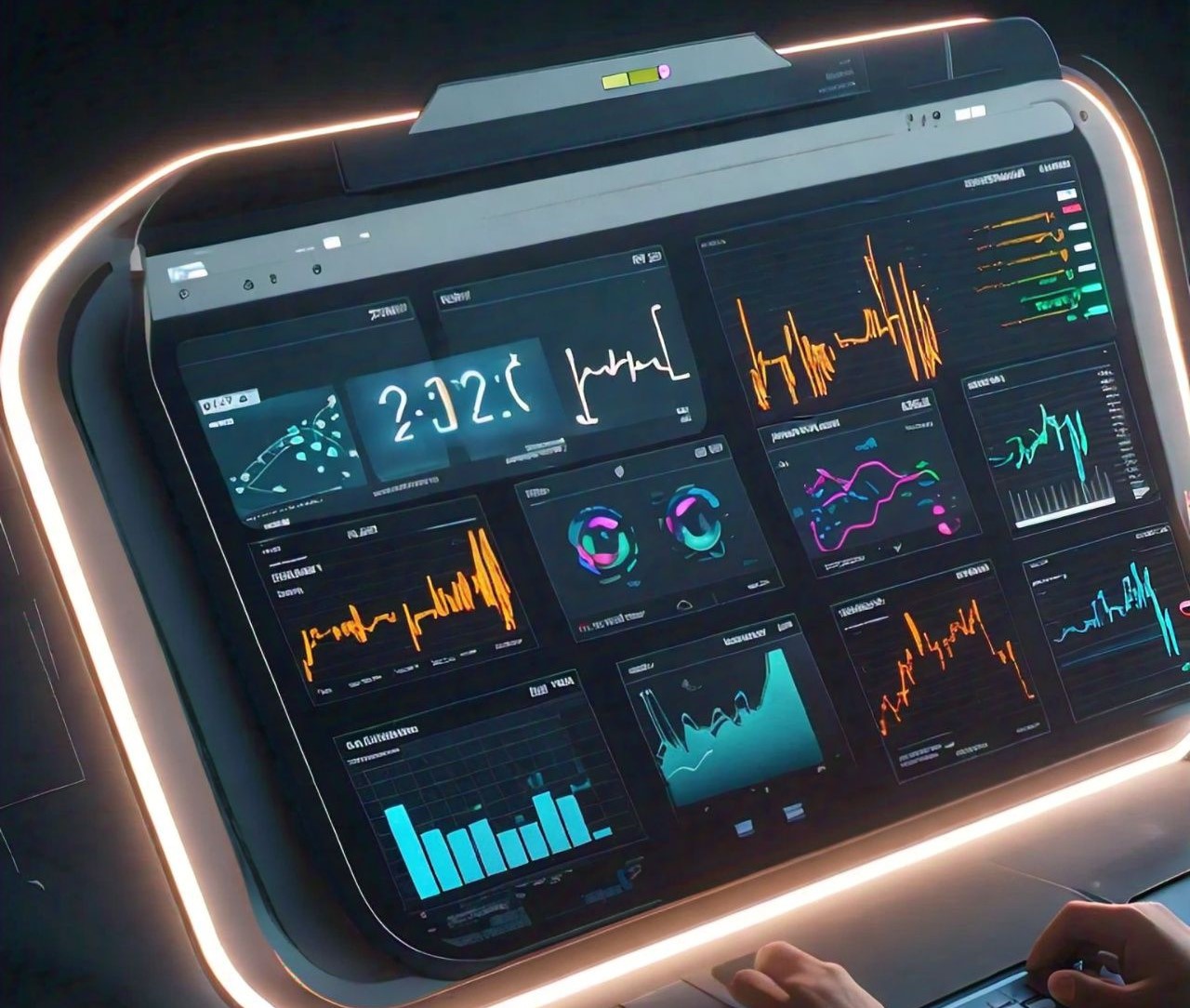Digital Health: The Way to Go
In the current world that changes at the blink of an eye, the integration of information technology in health care known as Digital Health is changing how we look at health and medicine. Digital Health therefore encompasses the use of digital technologies in the tracking, maintaining, enhancing and supporting of people’s and communities’ health.
Digital Health comprises of the mobile health applications and wearable technology, telemedicine and health informatics systems. It is thus be fitting to seek digital health solution in our endeavours as we wade through the challenges of the 21st century.

COVID-19 outbreak served as the beginning of digital health adoption, and the capabilities of this model further proves how the future of healthcare could look like. This prompted the use of distant Healthcare services as the conventional systems collapsed.
More constructive tools that were adopted during the period include telemedicine that was very instrumental in ensuring that patients received their health care needs from the comfort of their homes. It was also beneficial for the country as it changed the focus from being excessively dependent on the healthcare facilities and made healthcare more available for people living in rural areas or areas which do not have many doctors.
Major advantages of digitalization in health care; self-management as people will be able to manage their own health. These days, wearing devices and mobile applications allow individuals measure their vital signs, daily activity levels and even receive real-time report on their health states. This kind of healthy approach to managing one’s health can assist in averting issues in health, early detection of the diseases, low costs of treating the diseases among others.
However, the youth population group benefits from it most, especially in digital health. It is important to understand that young people belong to the generation which has been born with the help of the computers and effective usage of different programmes.
In this way, digital health tools can ensure the youth are able to get accurate health information and/or monitor their chronic illnesses and/ or stay healthy. Introducing mental health apps that can help people, who are dealing with anxiety, depression, and stress, which is very crucial as these days more people experience some or other kind of mental health issues.
The general population also has so much to gain from digital health innovations as much as the health care providers and patients. In view of the increasing elderly population, chronic diseases and demand for individualized services for a large population, the application of digital health can provide solutions at scale. Telehealth services can be used in an effort to eliminate health disparities since it can create an avenue to access health care hence closing gaps while Electronic Health Record can be used to facilitate sharing of care information among practitioners leading to better quality of care being delivered to the patient.
Therefore, one cannot talk about digital health as a phenomenon of the present day, but as one of the most promising areas in the healthcare system of the future. The method can be attributed to enhancing the status of health, cutting the cost and making health care reachable, different areas and classes of societies. Looking for the future, there will be no way around adopting digital health to create a healthier and more interconnected world.








